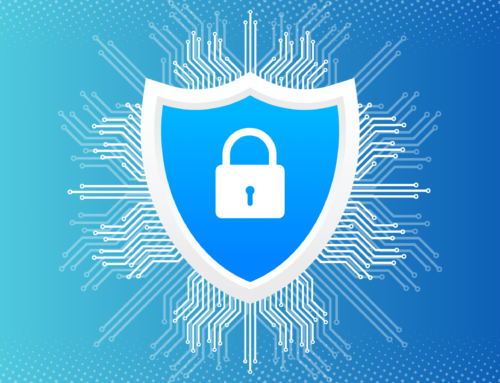With the surge of blockchain technology in healthcare and the recent rise in cryptocurrencies, questions are swarming about how else this innovative new technology can be used.
Blockchain technology works by creating packets of information in the form of a “chain,” linking one recipient of data to another. The data is encrypted in these packets, which can be accessed by anyone who holds a decryption key for a given packet. In this way, packets and keys can be transferred from one person or another, which is how cryptocurrency trading works.
Though the opportunities are endless, potential is emerging for the use of blockchain technology in tandem with protected health information (PHI) in healthcare settings. PHI is any demographic information that can be used to identify a healthcare patient (including name, date of birth, address, Social Security number, healthcare information, and more). In a blockchain healthcare model, patients would have ownership of their healthcare records in the form of data packets. Patients could grant physicians access to their data by exchanging their decryption key.
And this is where new blockchain healthcare technology can potentially overlap with healthcare HIPAA compliance.
Because HIPAA has strict privacy and security standards for the use and disclosure of PHI, using blockchain healthcare can pose challenges to the HIPAA rules. As with any cutting edge technology, the practical use of blockchain in healthcare is ahead of the formal guidance and the regulation, which is sure to come out of the Department of Health and Human Services (HHS) Office for Civil Rights (OCR) as trends continue to develop.
Under current models for PHI storage–namely EHR platforms–the risk of a data breach is significant. If the platform is exposed to ransomware, malware, or hacking, all of the PHI housed by that provider can potentially be at risk because the data is all stored in one central repository.
Encryption and data backup are currently the best practices that healthcare professionals can use to mitigate the risks associate with EHR use. But these protections act as a Band-Aid in case of crisis, rather than a means of eliminating the risk altogether. Blockchain healthcare is posed to protect PHI in unprecedented new ways because of its decentralized nature.
Blockchain technology certainly has potential to create better quality of care for patients in healthcare settings. Transparency and interoperability have been major barriers to EHR adoption and integration in the past few years, and a change in this technology might be exactly the breakthrough that the industry needs.








